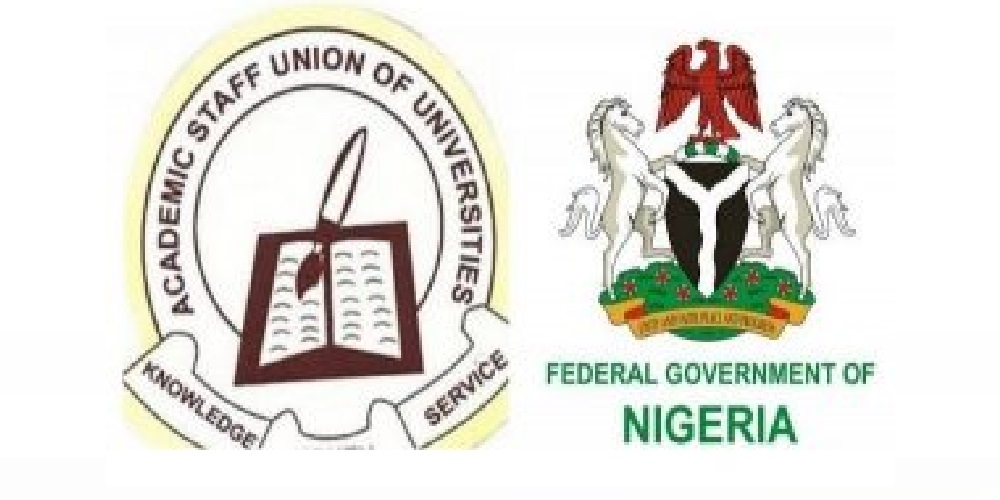The Federal Government has scheduled a meeting with Academic Staff Union of Universities (ASUU) to address the demands of the varsity teachers, Education Minister Prof Tahir Mamman, has said.
He spoke yesterday on a television programme in response to ASUU’s 21-day ultimatum for the government to revisit the controversial 2009 agreement or the varsity lecturers will down tools.
The union handed down the ultimatum after its National Executive Council meeting at the University of Ibadan last week.
During the programme, the minister confirmed that the government had received the notice of strike from the union leadership and assured that the government was working to prevent another strike in the university system.
According to Prof Mamman, the meeting will look at the demands of the union and fashion out ways to meet them in order to avoid another industrial action.
He said: “We got a correspondence of notice of strike from ASUU on Monday. We met yesterday to review those issues and we are going to be meeting with ASUU on those issues.
“Some of the issues are historic in nature; when you talk about 2009 agreement. This is something that dates back to almost 1981 when they started.
“We have been having a series of conversations with the leadership of ASUU on the issues affecting the university system so that we can, together, address all their concerns.
“The President (Bola Ahmed Tinubu) is quite interested in issues about the progress of academic activities and his desire to have stability and lack of disruption in that sector so that the sector can contribute meaningfully to the academic and manpower development of the country and provide a suitable environment for partnerships with institutions.
“I share with ASUU their vision for a university system but the issue is always the approach. Government will not be able to address every concern at the same time because of other competing needs. That’s where we are.
“I believe we have what it takes to address the issues within three weeks and I also believe that ASUU doesn’t want to go on strike.
“It is a quest for us to be pragmatic and show understanding with regards to what is doable now, what is doable in the short term and what will require more time to do.
“We are also putting in place a team that will engage ASUU in the aspect of agreement.
“And some of the agencies of government that have responsibilities to fulfill in the issues raised in the ASUU letter we are engaging, we have written to them too. Like the NEEDS Assessment and allowances we are approaching our colleagues in finance. We need to put figures to some of these issues.
“In our last meeting we asked ASUU to provide details so as to facilitate implementation through engagement with our colleagues in finance for implementation”.
Some of the outstanding issues, according to ASUU, included:
•Conclusion of the renegotiation of the FGN/ASUU Agreement based on Nimi Briggs Committee’s draft Agreement of 2021;
•Release of withheld three-and-half months salaries on account of the 2022 strike action;
•Release of unpaid salaries of staff on sabbatical, part-time and adjunct appointments owing to the application of the Integrated Payroll and Personnel Information System (IPPIS);
•Release of outstanding third-party deductions such as check-off dues and cooperative contributions; Funding for revitalisation of public universities (partly captured in 2023 Federal Government’s Budget);
•Earned Academic Allowances (EAA) (partly captured in the 2023 Federal Government’s Budget);
•Proliferation of universities by federal and state governments;
•Implementation of the reports of visitation panels to universities;
•University Transparency and Accountability Solution (UTAS) in place of IPPIS.

